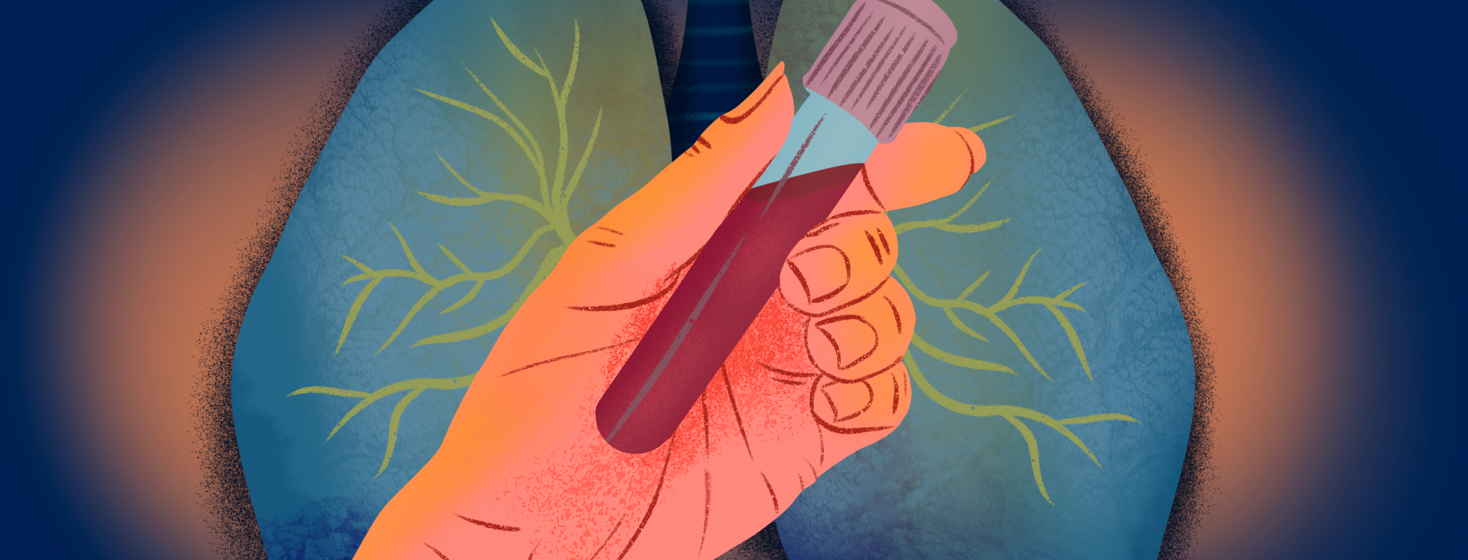Have I Got Eosinophilic Asthma?
I have always considered myself a chronic asthmatic. My lungs have been under strain since I was a baby. I grew up sleeping in oxygen tents, using nebulizers, and all the various inhalers and pills to control my breathing. Mum and Dad took numerous trips to the hospital with me. I even spent a few weeks at the world-famous Great Ormand Street Children’s Hospital. And in all this time I was classified as a chronic asthma sufferer.
My interest was piqued by reading an article
The other morning my mum sent me an article all about eosinophilic asthma. She attached it with a message saying, "Do you reckon you have this type of asthma?"
She is always sending me stuff to read up on regarding my ailments but they are usually far-fetched articles such as "Could the scent of honey cure your asthma?" I just made that up but my point is that when I saw her initial message, my eyes rolled a little. Sorry, Mum!
However, when I opened the link to the article my interest was surprisingly piqued. I have really bad sinusitis problems and eczema which can be found in eosinophilic sufferers.
So what is eosinophilic asthma?
The article explains, Eosinophils are a type of white blood cell which increase inflammation and swelling to assist healing. These cells are an important part of the body’s immune response when recovering from injury or illness. But too much inflammation and swelling can cause problems, including eosinophilic asthma.1
The symptoms are more or less similar to normal asthma - wheezy chest, eczema, nasal polyps, chronic sinusitis, etc, so it is hard to know if you have it or not. You can develop eosinophilic asthma at any age but commonly it occurs in people between 35-50. The medications to treat this are the same for regular asthma. 2
It is highly possible that anyone reading this might be forgiven for thinking well, asthma is asthma so it does not really matter what type of asthma you have. Especially if the treatment is all the same.
But I think it is really important to know the small differences in each type because if we know and can understand further, the underlying causes, then we have a greater chance of finding the right treatments to perhaps prevent it from developing.
So do I have it?
I am really not sure if I have eosinophilic asthma, but there is a chance because of what I have read about nasal polyps. My nose is often congested and the airways are always swollen and my voice sounds nasally. I also have a deviated septum which means that I can only ever breathe through one nostril. It is definitely worth getting checked out for it. I would love to be able to breathe through my nose clearly.
When I was around 10 years of age, I remember going to an ear, throat, and nose specialist but my mum, dad and I cannot remember the outcome. I find this so frustrating. As a child, you do not really know the seriousness of all these trips to the hospital. I wish I could go back and listen to everything the experts said to my parents. I might have been able to spot something.

Join the conversation